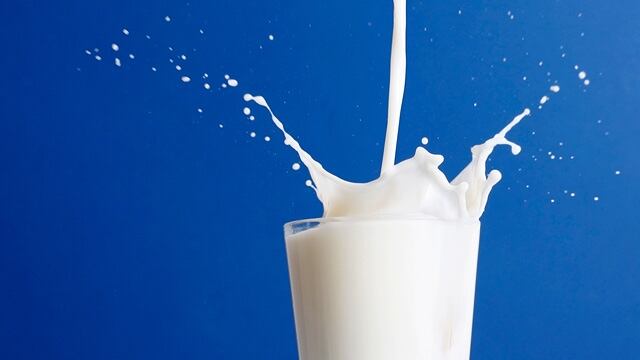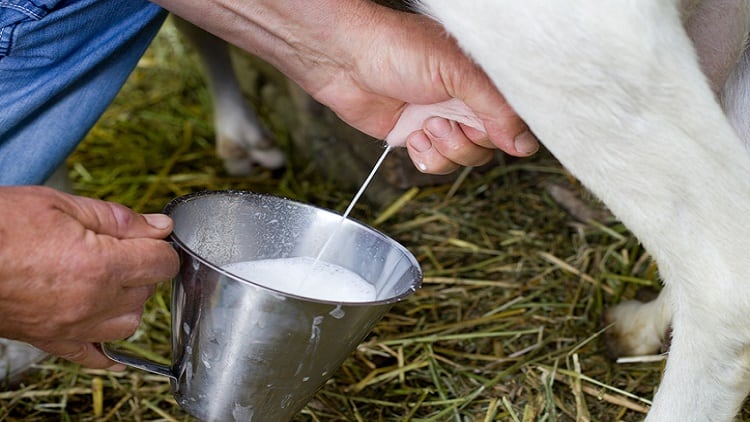The plan comprised of 12 points of action, and was based on the previously-released National Milk Safety and Quality Survey 2018, the results of which have previously been disputed by various parties despite the agency’s insistence that these had successfully ‘dispelled wide-spread perception that liquid milk in the country is largely adulterated’.
“The outcome of the survey is a myth buster. The survey results indicate clearly that milk being sold in India is largely safe for consumption. [Let] the fears associated with consumption of milk vanish,” FSSAI said previously.
In a new statement on this latest action plan, FSSAI continued to claim that ‘only 7% [of] milk samples had contaminants or adulterants that rendered such milk unsafe’, and that the 12-point action plan would ‘ensure the safety and quality of milk and milk products in the country’.
“These actions are broadly in three areas, namely – Testing and continued surveillance, Preventive and corrective action for implementation and monitoring, and Consumer engagement,” said the agency.
Closer scrutiny of the 12 points of action in the ‘Action Plan on site’ which FoodNavigator-Asia has viewed courtesy of FSSAI has revealed that many of these are very heavily reliant on self-testing and self-monitoring, whether by dairy companies, farmers or consumers.
This was despite FSSAI CEO Pawan Agarwal saying in a separate statement that: “More rigorous enforcement by [local state authorities] is essential to build public trust in food [especially as] public trust has been eroded in recent times.”
For instance, under the Testing and continued surveillance area, two of the four main points of action are about self-testing by either dairy plants (Action 3) or consumers (Action 4). Action 4 would mainly be for consumers to ensure the safety of the milk consumed at home.
Under Action 3, FSSAI aims to implement a Scheme of Testing and Inspection (STI) by January 1 2020 to ensure ‘monitoring and self-compliance’ by the dairy plants, which would contain quality standards to adhere to.
However, no mention was made of any consequences or penalties that firms would face in the case of failure to comply, though it was stated that local authorities ‘can plan regular audits and inspection [to] evaluate the effective implementation of the STI’ and FSSAI would verify adherence in the in the initial rollout via ‘third party audits’.
The remaining two actions under this area were nationwide rapid testing by local authorities (Action 1) and ‘at least one state food laboratory per state with high end precision equipment’ to test for adulterants (Action 2).
When it came to the second area on Preventive and corrective actions, FSSAI insisted that dairy adulteration was only ‘restricted to [a] few areas and in times when there is large demand-supply gap’ based on the previous survey results.
“Such incidents can only be tackled by having strict vigil in such areas. Special drives may be undertaken during summer and around festival times throughout the country,” the agency said of adulteration – the only direct statement made of actions to tackle milk contaminated by items such as hydrogen peroxide, detergents, urea and neutralisers.
The rest of this section was mostly dedicated to quality concerns surrounding fake products and the addition of sugars to raise milk Solids Not Fat (SNF) levels. Safety concerns mainly surrounded antibiotics and aflatoxin levels (which enter milk via animal feed), the latter of which is currently ‘not regulated in the country’, leading most actions targeting this to again be of a self-sufficient nature.
Other proposed actions in the plan were for milk vendors to voluntarily register for FSSAI’s Verified Milk Vendors Scheme, improving animal husbandry practices, increasing consumer awareness, and milk fortification - most of which require proactive or voluntary action by companies, farmers and/or consumers.
Food safety in India
FSSAI also released a separate set of data on food safety analysis conducted from 2018 to 2019 by the various Indian states close to the time of the action plan reveal, claiming that just 3.7% of the analysed samples were unsafe for consumption.
“A total of 106,459 samples were analysed. While 3.7 % of these samples were found to be unsafe, 15.8% were found to be substandard and 9% samples had labelling defects,” said Agarwal.
Ten states or union territories were identified as the worst-performing in terms of food safety enforcement, namely Chattisgarh, Himachal Pradesh, Karnataka, Assam, Jharkhand, Odisha, Rajasthan, West Bengal, Telengana, and Uttarakhand.
This poor performance was attributed to the local authorities ‘not being able to put in place full-time officers for food safety’ and ‘[lacking] proper food testing laboratories’. Action 2 mentioned above is presumably targeted at addressing this issue, but it is only one of a few enforcement/authority-based actions included in the 12-action plan.
Given the low levels of trust in the country’s dairy stemming from large discrepancies between the data in previous studies and this latest survey, and reports of high adulteration rates in the country despite FSSAI reassurances, whether or not this heavily self-motivated action plan will truly work to bring real improvement to the local dairy sector remains a large question mark.





